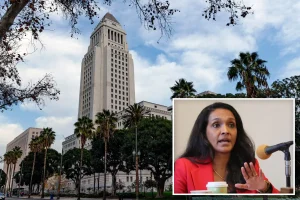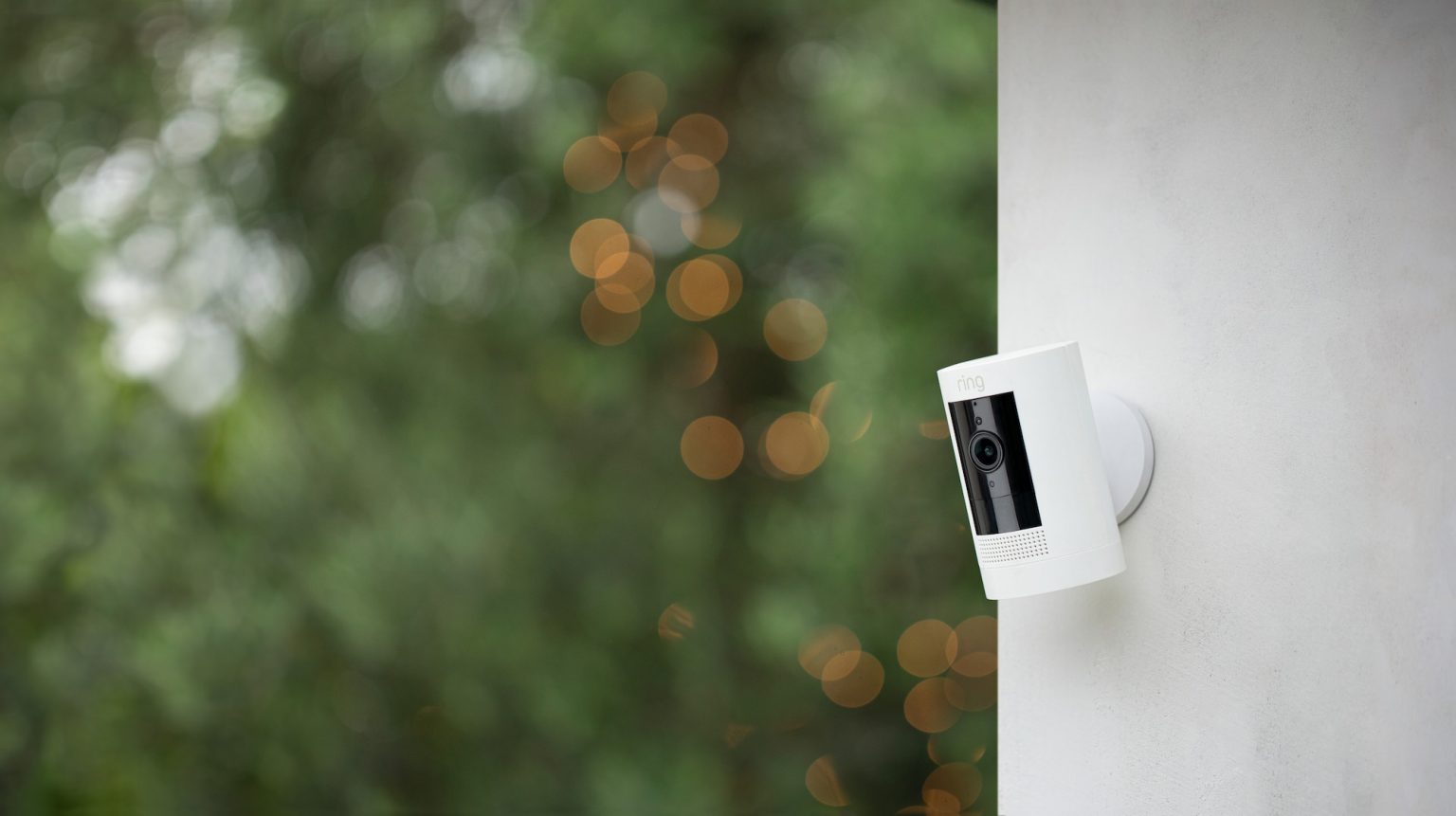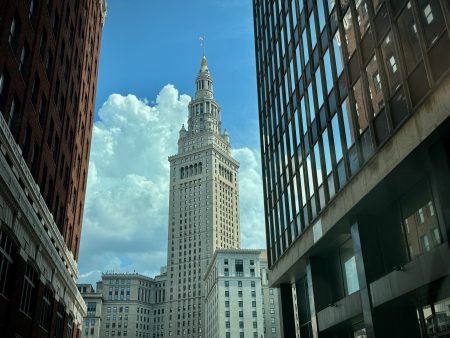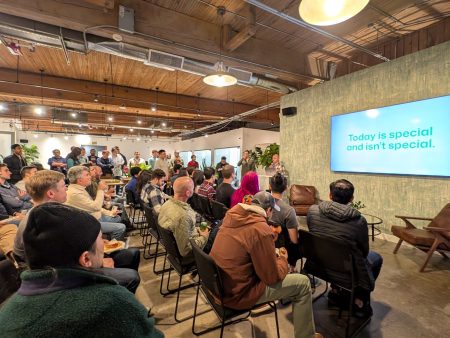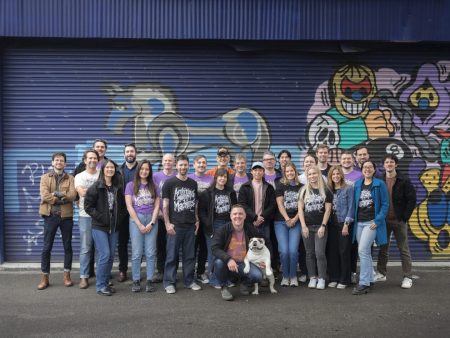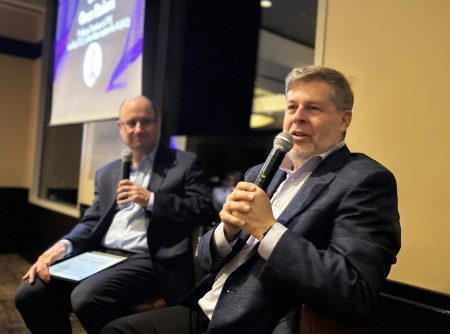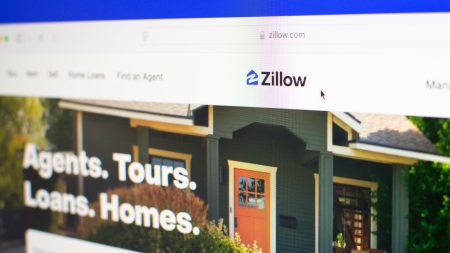Seattle’s New Security Camera Registry Program: Balancing Public Safety and Privacy
In a significant move to enhance crime investigation capabilities, the Seattle Police Department (SPD) has launched “Connect Seattle,” a voluntary registry program allowing residents to register their security cameras for potential use in police investigations. The initiative, which began rolling out to select neighborhoods last week, aims to create an interactive map of security cameras that investigators can access when investigating nearby incidents. This program represents the latest development in Seattle’s ongoing efforts to integrate technology into policing while navigating the complex terrain of privacy concerns and surveillance ethics.
The Connect Seattle program operates on a straightforward premise: residents can voluntarily register their indoor and outdoor security cameras through a secure web portal. When crimes occur in proximity to registered cameras, SPD may contact camera owners via email to request relevant footage. Participation remains entirely voluntary, with residents free to decline any requests. The department emphasizes that registration does not grant police live access to video feeds or direct connection to camera systems – it merely creates awareness of potentially available footage. The program received authorization last year as part of the city’s Crime Prevention Technology Pilot and integrates with SPD’s recently established Real Time Crime Center (RTCC), a high-tech operations center at police headquarters that centralizes surveillance footage and data from various sources into a command room staffed by analysts for up to 20 hours daily.
This new registry system represents an evolution of existing practices rather than an entirely novel approach. SPD already utilizes camera evidence discovered during crime scene investigations, but the registry streamlines this process by pre-identifying willing participants with potentially valuable footage. The RTCC, which forms the technological backbone for this initiative, supports ongoing investigations by providing patrol units and detectives with real-time video and incident data, including live updates and images of suspects. City officials reported in July that the system had already been utilized in 600 incidents and was actively supporting 90 investigations in just under two months of operation. The center leverages newly installed police-owned CCTV cameras in downtown Seattle, along Aurora Avenue, and in the Chinatown-International District, with a recent success story involving the apprehension of a shooting suspect in the Chinatown-International District.
The expansion of surveillance capabilities in Seattle continues beyond the Connect Seattle program. Earlier this month, the City Council approved additional cameras in three other areas and granted the RTCC access to 145 traffic cameras throughout the city. This growing network of surveillance tools reflects SPD’s commitment to what it calls “precision policing,” but it has also triggered substantial debate about privacy protections, effectiveness, and potential overreach. Critics, including Seattle mayoral candidate Katie Wilson, have voiced concerns about federal agencies potentially using surveillance footage to target immigrants and have questioned whether CCTV cameras meaningfully prevent crime rather than simply documenting it. Civil liberties advocates worry about the risk of normalizing expanded surveillance without adequate oversight or community input.
The SPD has attempted to address these concerns by clarifying important limitations and safeguards within the program. Officials emphasize that federal agencies will not have access to the registry or private resident videos without obtaining a warrant. However, they acknowledge that registry information and shared footage could potentially be subject to disclosure under Washington’s public records law once an investigation closes. The technical implementation of Connect Seattle relies on software provided by Axon, which is also involved in the broader RTCC operations. This approach mirrors similar camera registry programs already implemented in nearby cities such as Auburn and Kent, suggesting a regional trend toward technology-assisted policing strategies.
The Connect Seattle program emerges against a backdrop of evolving privacy practices in the private security camera industry. Amazon-owned Ring, a major player in the home security camera market, stopped allowing police departments to directly request doorbell camera footage from users last year. However, Ring subsequently introduced “Community Requests,” a partnership with Axon that enables police to post public requests for video footage. Ring has previously established policies requiring police requests for footage to be publicly visible, a rule implemented in 2021. Ring founder and current CEO Jamie Siminoff defended these practices in a recent CNBC interview, describing Ring’s approach as allowing police to “request footage from people in a super privacy centric, anonymous way that keeps their privacy.” The company continues to innovate in this space, recently introducing new camera devices, improved video quality technology, and community features.
The implementation of Connect Seattle highlights the tension between leveraging technology for public safety and protecting civil liberties in an increasingly surveilled society. Tee Sannon, technology policy program director for the ACLU of Washington, articulated these concerns in a statement expressing worry about the program’s privacy implications. Sannon noted that such initiatives give police greater monitoring power and blur distinctions between private and public surveillance. The ACLU warns that over time, programs like Connect Seattle could create a patchwork surveillance network lacking sufficient oversight, transparency, or community input. As Seattle proceeds with this technological initiative, the balance between enhanced investigative capabilities and privacy protections remains a central challenge, reflecting broader societal questions about the appropriate role and limits of surveillance in maintaining public safety while respecting individual rights.

